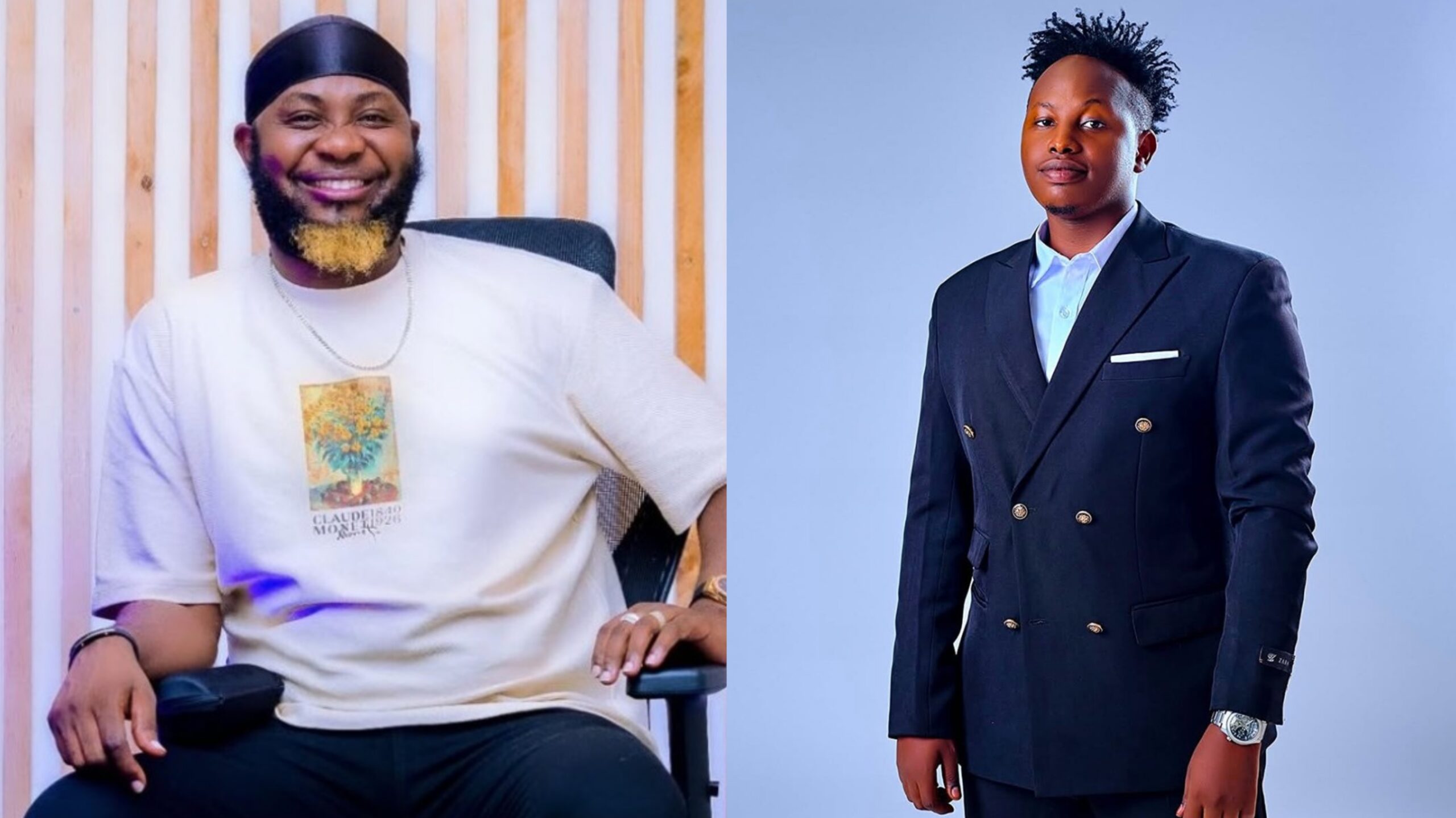Many children grow up with dreams of becoming famous. Some aspire to be musicians, actors, film narrators, journalists, and more. In short, many young people dream of entering the world of showbiz. Others hope to become known through sports or politics. However, those paths are often more demanding—football requires years of early dedication, and politics calls for qualifications and connections that aren’t easy to obtain.
People often assume that celebrities are wealthy. Seeing a musician, they might imagine he earns millions per month. A journalist might be perceived as earning around RWF 500,000 monthly, and film actors are assumed to be incredibly rich. Even bloggers are thought to be wealthy simply because they are well-known.
But when you actually explore Rwanda’s entertainment industry, the reality is starkly different. There is extreme poverty. Many musicians earn very little, actors often can’t afford rent, and even journalists sometimes struggle to pay their children’s school fees—despite their public status.
Of course, not everyone in the entertainment industry is struggling. There are a few who earn significant income. For instance, journalists working with the national television or powerful, government-linked media houses may earn decently. Some big-name musicians also bring in good money, but usually through brand deals and side businesses. Artists like Meddy, Bruce Melodie, and The Ben fall into this category.
Another group making relatively good income is YouTubers. They often earn more than others in the entertainment sector. Examples include Murungi Sabin, Yago, RedBlue Jed, MIE, Chita, and others. Some individuals working as event hosts in bars, such as Muyango and Teta, or DJs like DJ Brianne and DJ Ira, also manage to earn well on occasion.
However, the majority still face dire financial struggles. Take bloggers for example—people like Kazungu, Mideri, Gad, The Cat, Godfather and Kasuku are widely known (Those are examples of bloggers, but that doesn’t mean they all earn little). But don’t be surprised if you meet one of them rushing on foot, not by choice but because they can’t afford a motorcycle ride. In fact, many well-known people occasionally lack the money for even basic transportation.
Journalists, especially those working for print media, are in an even worse situation. In Rwanda, print journalism is not well-paying as many believe. It’s not unusual for a journalist to earn only between RWF 50,000 and 70,000 per month while working for a publication that is perceived as influential.
As for musicians, the story is often sadder than it appears. You might see a popular singer and think they’re rich, yet they might be broke—unable to afford a motorcycle ride. Imagine a musician releasing only one song a year, with no gigs or side businesses to support them. It’s no surprise that some walk everywhere due to lack of transport fare.
The truth is that Rwanda’s entertainment industry doesn’t hold enough financial weight to make everyone rich. Those who become successful are often the lucky few who use their fame to secure better-paying jobs. For example, DJs who are known can land paying gigs at events. But again, these opportunities mostly go to well-known names. The same applies to female event hosts in bars—those who are famous get well-paid gigs, but the majority still earn very little.
So, is becoming famous through Rwandan entertainment worth it even if it doesn’t bring in much money?
Yes, for many people it is still important. Fame often serves as a gateway to better opportunities—jobs in prominent media houses, brand deals, and partnerships. These opportunities often depend on how well-known a person is. Fame can also be a powerful marketing tool. For example, if you’re a blogger who opens a clothing business, your social media following can help attract customers more easily than someone who is unknown.
Fame also helps in building relationships with people who may open doors to valuable connections or business ventures. Simply being known can make it easier to network and grow.
But does joining the entertainment industry come with personal costs?
Absolutely. Fame brings many personal challenges. Some celebrities suffer from depression due to public criticism or rumors. Marriages often fall apart, especially when only one partner is in the spotlight. Fame can breed envy and hatred, and it affects the safety and privacy of children on social media.
A good example is the relationship between Claudine Muyango and her husband Kimenyi Yves. Reports suggest their separation may be linked to issues rooted in the entertainment world. The same goes for Yago—his relationships and public interactions have had noticeable consequences for his personal life and future.
While showbiz plays an important role and offers a platform for exposure, it mainly benefits a small elite—the “big fish.” Most people in Rwanda’s entertainment scene do the creative work, but the rewards are often enjoyed by those at the top. The industry reveals great potential, but until it’s structured to support more artists financially, it will remain a dreamland with limited real-life gain for the majority.




Post Comment